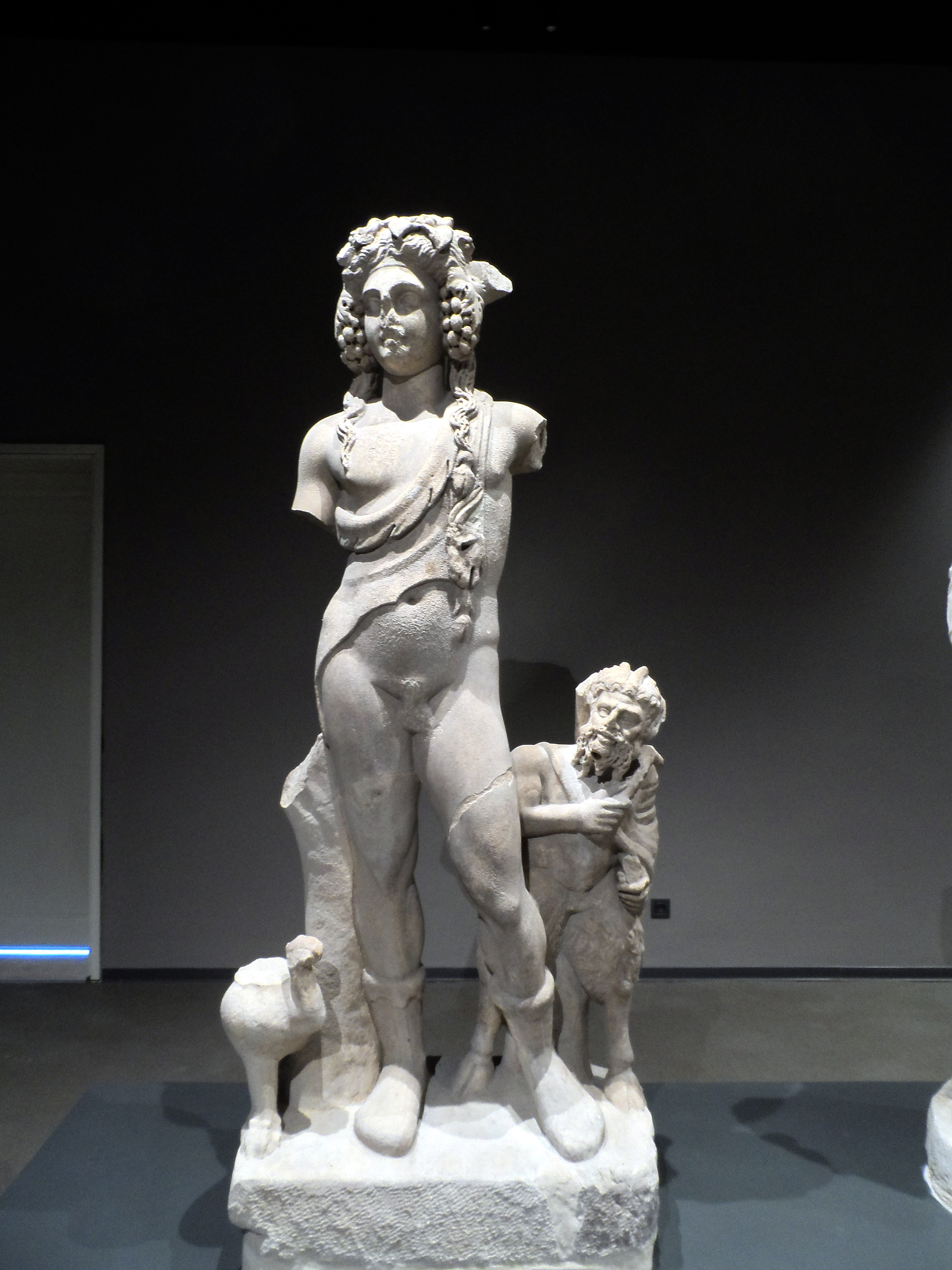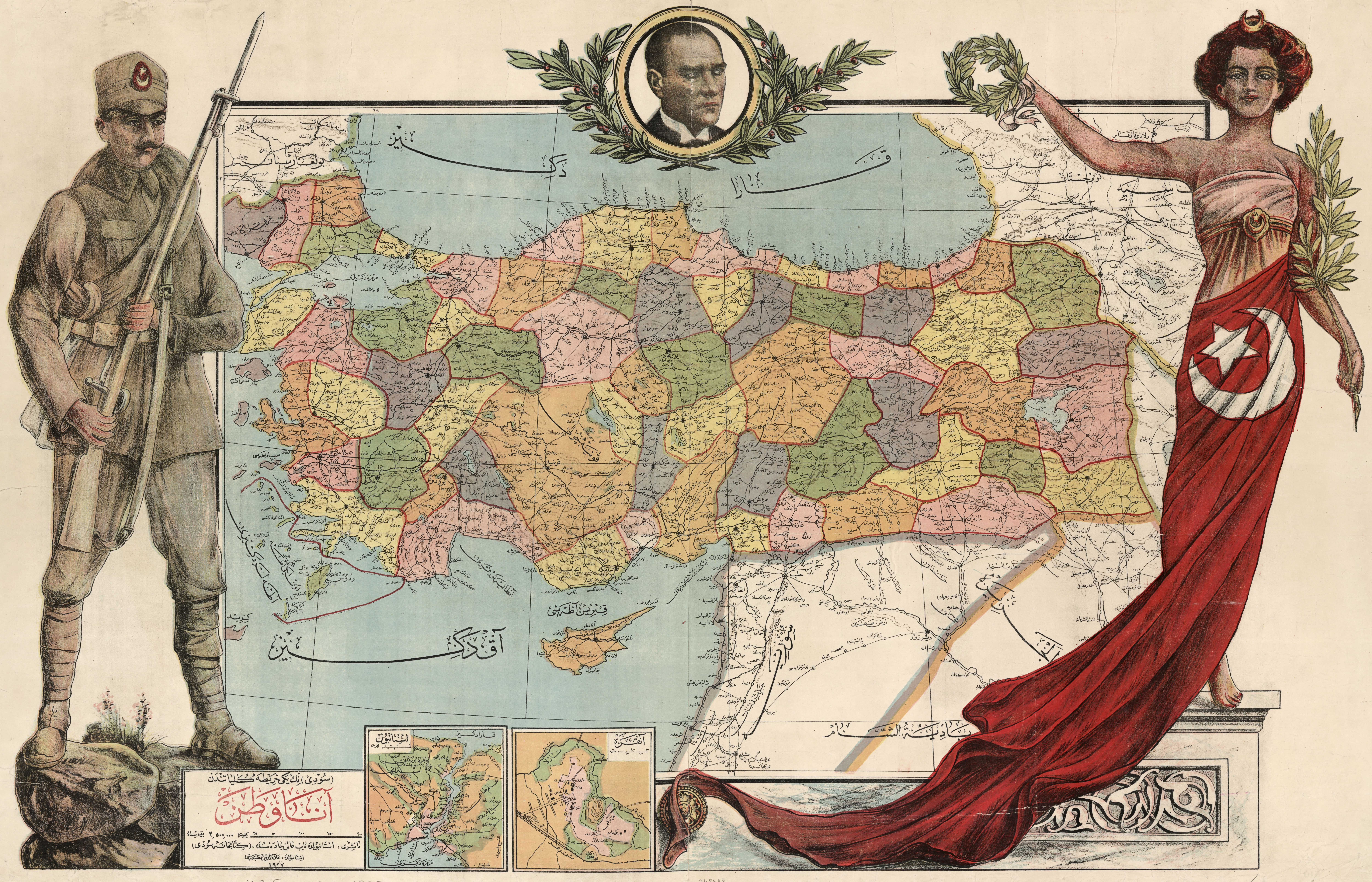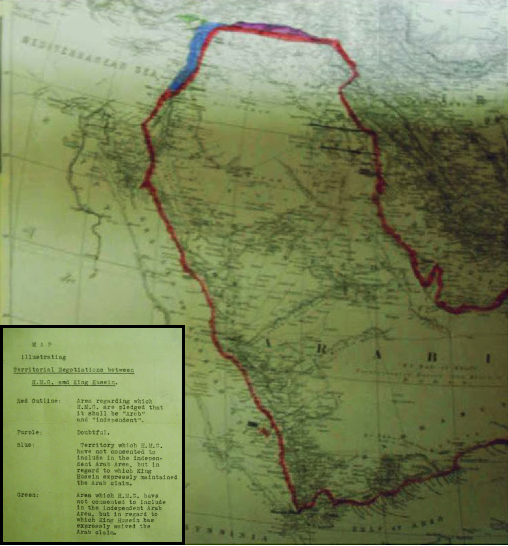|
Gözne
Gözne is a small town in Mersin Province, Turkey. Geography Gözne at is north of Mersin. It is situated in the southern slopes of the Taurus Mountains. The average altitude is . In some locations of the town, both Mersin and the Mediterranean Sea can be viewed. The road between Mersin and Gözne is quite well cared and accessible whole year, the average travel time being about 30 minutes. The winter (settled) population of the town was 3746 (2012 est.) History It is known that there was a Prehistory, prehistoric settlement in the area which now is Gözne. So far, only one inscription has been unearthed which is in Aramaic. Gözne Castle was built in the Middle Ages. The modern settlement in Gözne dates back to 19th century when people from Mersin and Tarsus, Mersin, Tarsus began to use the surrounding as a summer resort ( tr, yayla (resort), yayla, link=no). During the Turkish War of Independence, Mersin and Tarsus were under French occupation and Gözne was one o ... [...More Info...] [...Related Items...] OR: [Wikipedia] [Google] [Baidu] |
Gözne Castle
Gözne Castle is a medieval age, medieval castle in Mersin Province, Turkey. Geography The castle is in the Toros Mountains at . It is situated to the south of Gözne town. It is accessible only from the north i.e. Gözne. Its distance to Mersin is The road to the castle is an all seasons open road. The altitude of the castle is . The castle is open to visits. History According to the published archaeological description and plan of this site, this “castle” was probably a fortified estate house. It was built with distinctive Armenian masonry between the 12th and 14th centuries. It also protected a strategic route which linked the Mediterranean coast to Çandır Castle and Lampron, the main seats of Het'umid power in the Armenian Kingdom of Cilicia. The buildings This site consists of two fortified chambers without connecting masonry walls. The one at the east is a building with a vaulted rectangular hall, a defensive doorway, four towers, five extremely narrow windows, and ... [...More Info...] [...Related Items...] OR: [Wikipedia] [Google] [Baidu] |
Mersin
Mersin (), also known as İçel, is a large city and a port on the Mediterranean Sea, Mediterranean coast of southern Turkey. It is the provincial capital of Mersin Province, Mersin (İçel) Province. It is made up of four municipalities and district governorates: Akdeniz, Mersin, Akdeniz, Mezitli, Toroslar and Yenişehir, Mersin, Yenişehir. As urbanisation continue towards the east, a larger metropolitan region combining Mersin with Tarsus, Mersin, Tarsus and Adana (the Adana-Mersin Metropolitan Area) is in the making with more than 3.3 million inhabitants. Mersin lies on the western side of the Çukurova, a geographical, economic and cultural region. It is an important hub for Turkey's economy, with Port of Mersin, Turkey's largest seaport located here. The city hosted the 2013 Mediterranean Games. As of the 2021 estimation, the population of the Adana-Mersin Metropolitan Area was 33,000 inhabitants of whom 1,064,850 lived in the Mersin area made up of the four urban district ... [...More Info...] [...Related Items...] OR: [Wikipedia] [Google] [Baidu] |
Mersin Province
Mersin Province ( tr, ), formerly İçel Province ( tr, ), is a province in southern Turkey, on the Mediterranean coast between Antalya and Adana. The provincial capital and the biggest city in the province is Mersin, which is composed of four municipalities and district governorates: Akdeniz, Mezitli, Toroslar and Yenişehir. Next largest is Tarsus, the birthplace of Paul the Apostle. The province is considered to be a part of the geographical, economical and cultural region of Çukurova, which covers the provinces of Mersin, Adana, Osmaniye and Hatay. The capital of the province is the city of Mersin. Etymology The province is named after its biggest city Mersin. Mersin was named after the aromatic plant genus ''Myrsine'' ( el, Μυρσίνη, tr, mersin) in the family Primulaceae, a myrtle that grows in abundance in the area. The 17th-century Ottoman traveler Evliya Çelebi has recorded in his ''Seyahatnâme'' that there was also a clan named Mersinoğulları in ... [...More Info...] [...Related Items...] OR: [Wikipedia] [Google] [Baidu] |
Provinces Of Turkey
Turkey is divided into 81 provinces ( tr, il). Each province is divided into a number of districts (). Each provincial government is seated in the central district (). For non- metropolitan municipality designated provinces, the central district bears the name of the province (e.g. the city/district of Rize is the central district of Rize Province Rize Province ( tr, Rize ili) is a province of northeast Turkey, on the eastern Black Sea coast between Trabzon and Artvin. The province of Erzurum is to the south. It was formerly known as Lazistan, the designation of the term of Lazistan was o ...). Each province is administered by an appointed governor () from the Ministry of the Interior (Turkey), Ministry of the Interior. List of provinces Below is a list of the 81 provinces of Turkey, sorted according to their license plate codes. Initially, the order of the codes matched the alphabetical order of the province names. After Zonguldak (code 67), the ordering is not alphab ... [...More Info...] [...Related Items...] OR: [Wikipedia] [Google] [Baidu] |
Tourist Attractions In Mersin Province
Tourism is travel for pleasure or business; also the theory and practice of touring, the business of attracting, accommodating, and entertaining tourists, and the business of operating tours. The World Tourism Organization defines tourism more generally, in terms which go "beyond the common perception of tourism as being limited to holiday activity only", as people "travelling to and staying in places outside their usual environment for not more than one consecutive year for leisure and not less than 24 hours, business and other purposes". Tourism can be domestic (within the traveller's own country) or international, and international tourism has both incoming and outgoing implications on a country's balance of payments. Tourism numbers declined as a result of a strong economic slowdown (the late-2000s recession) between the second half of 2008 and the end of 2009, and in consequence of the outbreak of the 2009 H1N1 influenza virus, but slowly recovered until the COVID-19 ... [...More Info...] [...Related Items...] OR: [Wikipedia] [Google] [Baidu] |
Towns In Turkey
A town is a human settlement. Towns are generally larger than villages and smaller than cities, though the criteria to distinguish between them vary considerably in different parts of the world. Origin and use The word "town" shares an origin with the German word , the Dutch word , and the Old Norse . The original Proto-Germanic word, *''tūnan'', is thought to be an early borrowing from Proto-Celtic *''dūnom'' (cf. Old Irish , Welsh ). The original sense of the word in both Germanic and Celtic was that of a fortress or an enclosure. Cognates of ''town'' in many modern Germanic languages designate a fence or a hedge. In English and Dutch, the meaning of the word took on the sense of the space which these fences enclosed, and through which a track must run. In England, a town was a small community that could not afford or was not allowed to build walls or other larger fortifications, and built a palisade or stockade instead. In the Netherlands, this space was a garden, mor ... [...More Info...] [...Related Items...] OR: [Wikipedia] [Google] [Baidu] |
Sykes–Picot Agreement
The Sykes–Picot Agreement () was a 1916 secret treaty between the United Kingdom and France, with assent from the Russian Empire and the Kingdom of Italy, to define their mutually agreed Sphere of influence, spheres of influence and control in an eventual partition of the Ottoman Empire. The agreement was based on the premise that the Triple Entente would achieve success in defeating the Ottoman Empire during World War I and formed part of a series of secret agreements contemplating its partition. The primary negotiations leading to the agreement took place between 23 November 1915 and 3 January 1916, on which date the British and French diplomats, Mark Sykes and François Georges-Picot, initialled an agreed memorandum. The agreement was ratified by their respective governments on 9 and 16 May 1916. The agreement effectively divided the Ottoman provinces outside the Arabian Peninsula into areas of British and French control and influence. The British- and French-controlled count ... [...More Info...] [...Related Items...] OR: [Wikipedia] [Google] [Baidu] |
Turkish War Of Independence
The Turkish War of Independence "War of Liberation", also known figuratively as ''İstiklâl Harbi'' "Independence War" or ''Millî Mücadele'' "National Struggle" (19 May 1919 – 24 July 1923) was a series of military campaigns waged by the Turkish National Movement after parts of the Ottoman Empire were occupied and partitioned following its defeat in World War I. These campaigns were directed against Greece in the west, Armenia in the east, France in the south, loyalists and separatists in various cities, and British and Ottoman troops around Constantinople (İstanbul). The ethnic demographics of the modern Turkish Republic were significantly impacted by the earlier Armenian genocide and the deportations of Greek-speaking, Orthodox Christian Rum people. The Turkish nationalist movement carried out massacres and deportations to eliminate native Christian populations—a continuation of the Armenian genocide and other ethnic cleansing operations during World War I. ... [...More Info...] [...Related Items...] OR: [Wikipedia] [Google] [Baidu] |
Yayla (resort)
Yayla is a name given to the summer mountain resorts in Turkey. Etymology Nomadic herdsmen of Turkic origin used to call their herding locations by different names depending on the season. '' Yazlak'', ''yaylak'', ''güzlek'' and ''kışlak'' referred to herding locations of different seasons of the year. But out of the four, yayla and kışla (with the last letter dropped) are more widespread. Kışla (from ''kış'' meaning winter) refers to relatively warmer places in the plains and yayla refers to mountain slopes where the pasturing is easier during the summer. (see Alpine meadow.) Yaylas were temporary settlements. Traditional yayla as resort For nomads, yayla was a part of productive economy. For city dwellers however, yayla is a summer resort. During summers most of Turkey, especially Mediterranean The Mediterranean Sea is a sea connected to the Atlantic Ocean, surrounded by the Mediterranean Basin and almost completely enclosed by land: on the north by West ... [...More Info...] [...Related Items...] OR: [Wikipedia] [Google] [Baidu] |
Tarsus, Mersin
Tarsus (Hittite language, Hittite: 𒋫𒅈𒊭 ; grc, Ταρσός, label=Ancient Greek, Greek ; xcl, Տարսոն, label=Old Armenian, Armenian ; ar, طَرسُوس ) is a historic city in south-central Turkey, inland from the Mediterranean Sea, Mediterranean. It is part of the Adana-Mersin metropolitan area, the fourth-largest metropolitan area in Turkey with a population of 3 million people. Tarsus forms an administrative district in the eastern part of Mersin Province, Mersin province and lies at the heart of the region. With a history going back over 6,000 years, Tarsus has long been an important stop for traders and a focal point of many civilisations. During the Roman Empire, it was the capital of the province of Cilicia (Roman province), Cilicia. It was the scene of the first meeting between Mark Antony and Cleopatra, and the birthplace of Paul the Apostle, St Paul the Apostle. Tarsus is home to one of Turkey's most famous high schools, the Tarsus American College ... [...More Info...] [...Related Items...] OR: [Wikipedia] [Google] [Baidu] |
Middle Ages
In the history of Europe, the Middle Ages or medieval period lasted approximately from the late 5th to the late 15th centuries, similar to the post-classical period of global history. It began with the fall of the Western Roman Empire and transitioned into the Renaissance and the Age of Discovery. The Middle Ages is the middle period of the three traditional divisions of Western history: classical antiquity, the medieval period, and the modern period. The medieval period is itself subdivided into the Early, High, and Late Middle Ages. Population decline, counterurbanisation, the collapse of centralized authority, invasions, and mass migrations of tribes, which had begun in late antiquity, continued into the Early Middle Ages. The large-scale movements of the Migration Period, including various Germanic peoples, formed new kingdoms in what remained of the Western Roman Empire. In the 7th century, North Africa and the Middle East—most recently part of the Eastern Ro ... [...More Info...] [...Related Items...] OR: [Wikipedia] [Google] [Baidu] |




.jpg)

.jpg)
